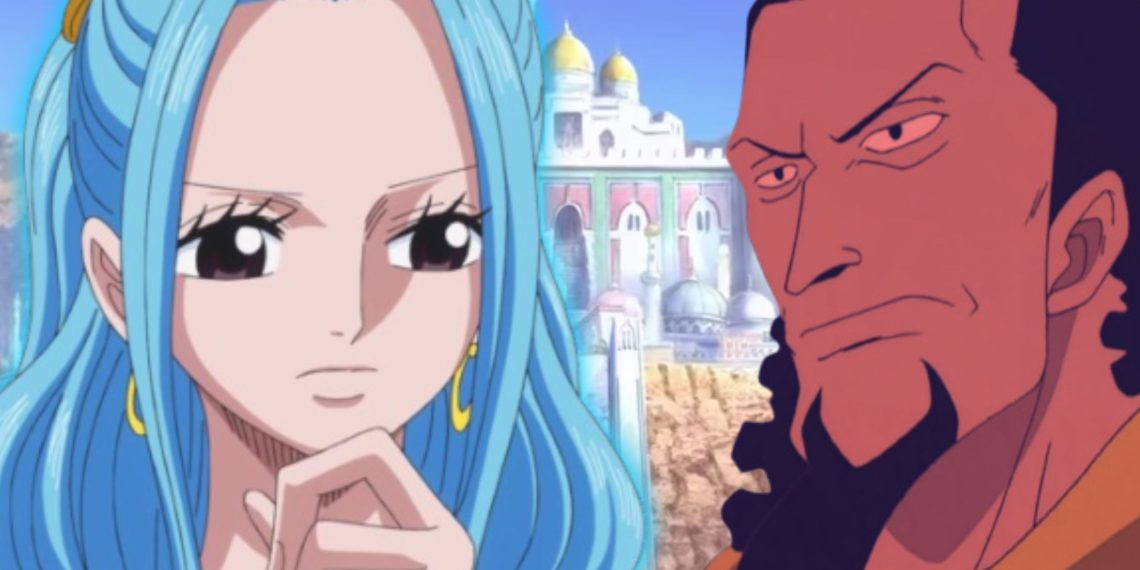Netflix’s ambitious adaptation of the beloved manga and anime series One Piece is already stirring up a storm of controversy, even before the show’s second season has officially aired.
The latest wave of criticism has been directed at the casting decision for a key character, Nefertari Cobra, the King of Alabasta.
Indian-American actor Sendhil Ramamurthy has been cast in the role, but this choice has sparked significant backlash among the show’s passionate fan base.
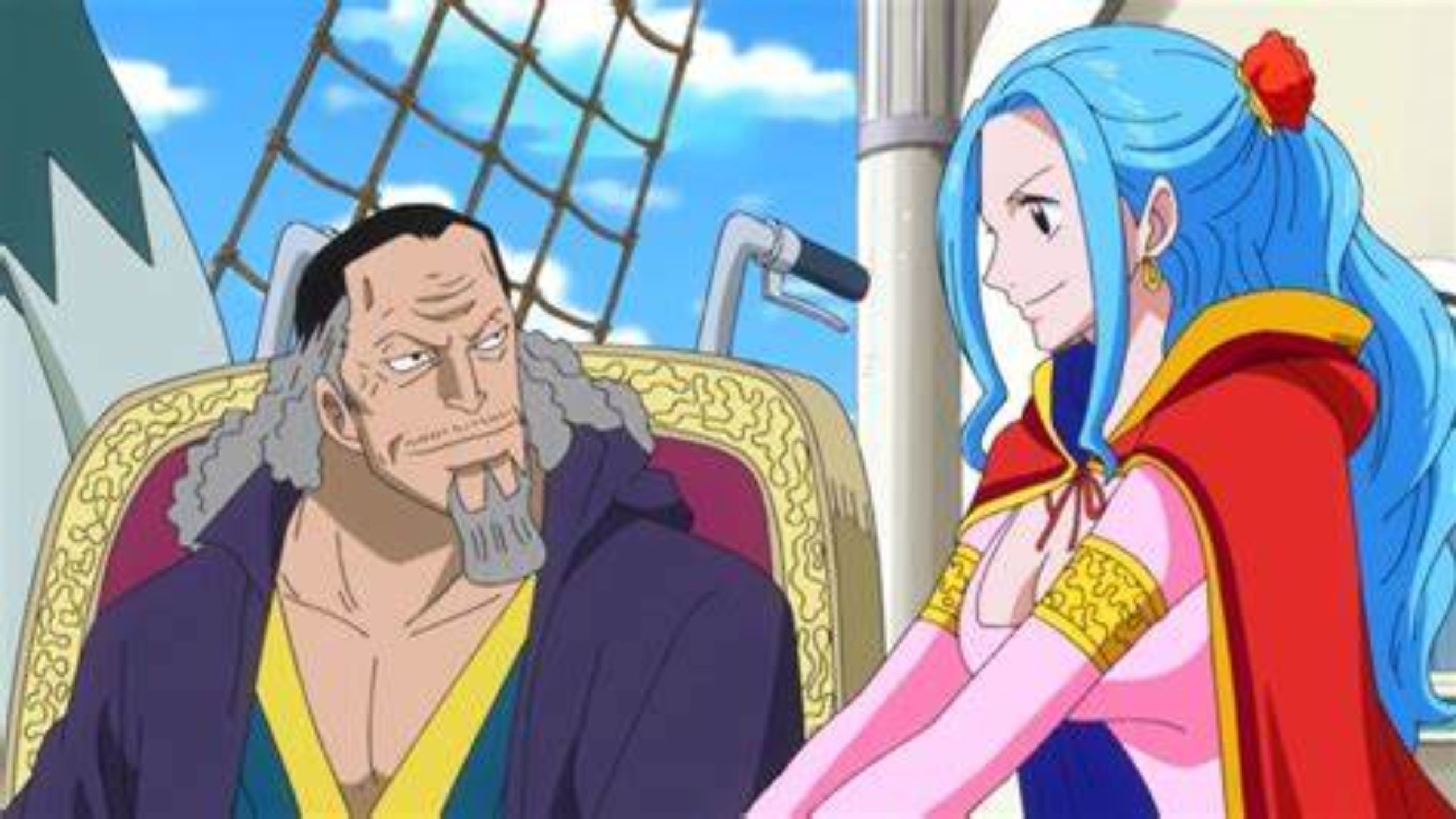
This controversy underscores ongoing concerns about representation and authenticity in live-action adaptations of popular anime and manga series.
Backlash Begins: Sendhil Ramamurthy Cast as Nefertari Cobra
On August 22, 2024, Netflix revealed the cast for the second season of its One Piece live-action series, and among the new additions was Sendhil Ramamurthy, cast as Nefertari Cobra.
While announcements like these are typically met with a mix of excitement and curiosity, Ramamurthy’s casting quickly became a focal point of controversy.
Nefertari Cobra, a pivotal character in the Alabasta arc, is depicted in Eiichiro Oda’s original manga as an older, Middle-Eastern or Arab man.
In the heart of The Desert Kingdom of Alabasta, where rebellion stirs and secrets are buried, stands a King like no other. Introducing Nefertari Cobra, the pillar of integrity in a kingdom at crossroads. 🐫🌴 #OnePieceLiveAction pic.twitter.com/daCvHeh9RJ
— ONE PIECE(ワンピース) Netflix (@onepiecenetflix) August 22, 2024
Fans of the series are voicing their concerns that Ramamurthy, who is significantly younger and does not visually match the character’s ethnic background as depicted in the manga, is an ill-suited choice for the role.
This separation from the manga’s portrayal has prompted questions about the casting decisions and the broader implications for representation in the series.
Core of the Controversy: A Discrepancy in Representation
The crux of the controversy lies in the significant difference between the character’s depiction in the manga and the chosen actor’s background.
In One Piece, Nefertari Cobra is an integral figure in the Alabasta Kingdom, a region inspired by Arabic and North African cultures.
The manga presents Cobra as an older man with distinctly Middle-Eastern features, reflecting the cultural and geographic influences of the Alabasta arc.
Sendhil Ramamurthy, while a respected and talented actor, is of Indian-American descent and is notably younger than the character he is set to portray.
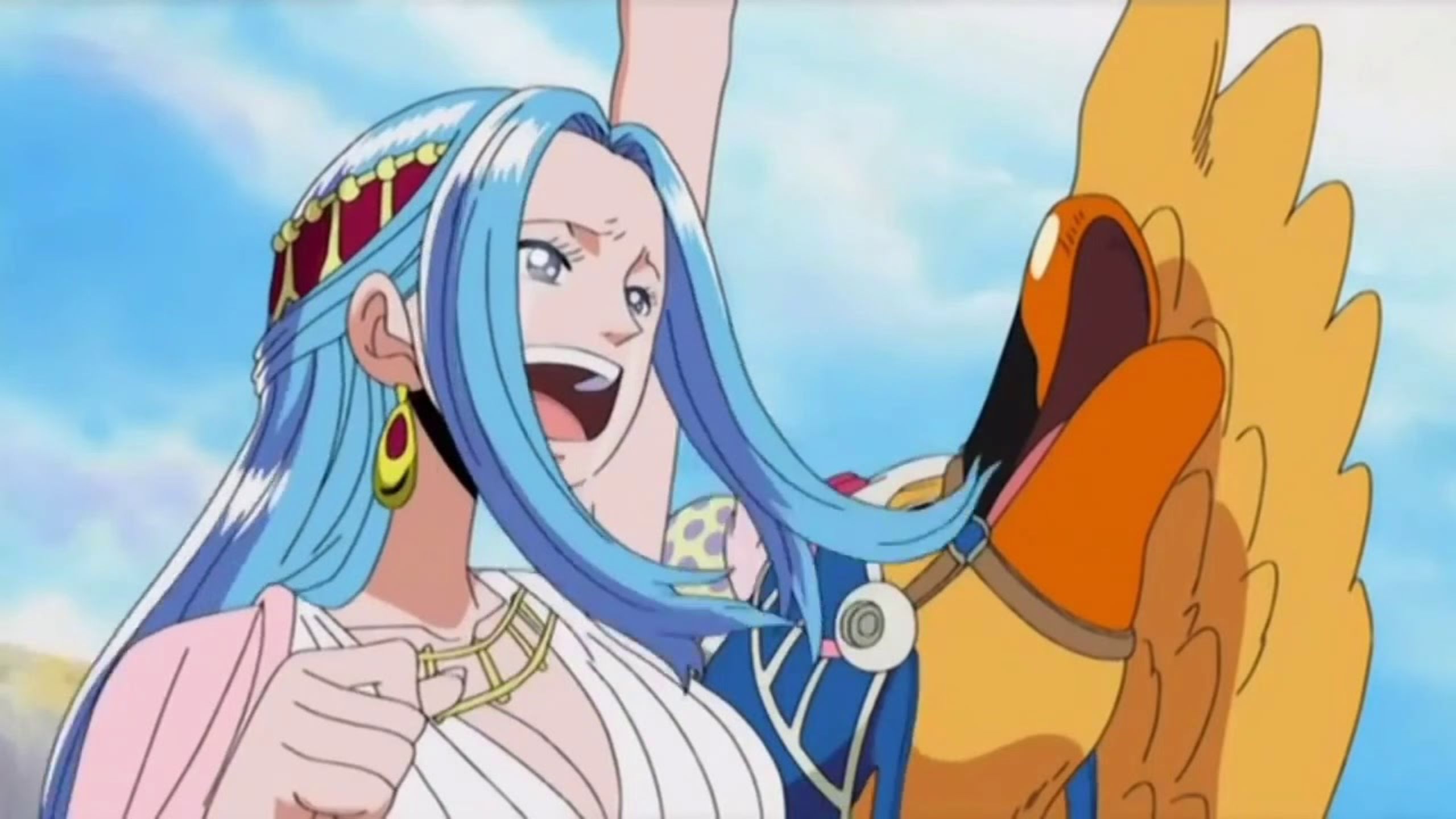
This discrepancy has led many fans to question the authenticity and accuracy of the casting decision.
Critics argue that Ramamurthy’s appearance and background do not align with the character’s established image in the manga, leading to accusations of misrepresentation and a lack of respect for the source material.
Fan Reactions: Social Media Outrage
The fan response to Ramamurthy’s casting has been fervent and vocal, particularly on social media platforms.
Fans have expressed their disappointment and frustration in various ways, reflecting a broader concern about the series’ commitment to faithfully representing its source material.
“Guess no Arab actors available,” one fan lamented, highlighting the perceived lack of consideration for actors who might better match the character’s ethnic background.
Another fan expressed their confusion, stating, “I thought Cobra was Egyptian; he’s Indian.”
This comment underscores the belief that the casting choice undermines the cultural and geographic context of the character.
Was a Middle Eastern actor not available?🤨 pic.twitter.com/pU73oK8vYg
— packergirl (@p9cker_girl) August 22, 2024
Another fan elaborated on the issue, saying, “I guess Indians will be the main actors of Arabasta. That’s fine, I’m sure they’re great, but I bet a lot of Arabs wished for their representation. (I say Arabasta not Alabasta, because in Japanese: R & L are the same letter, so both are correct. But the Manga calls it Arabasta).”
This comment reflects a deeper concern about the broader implications of casting choices and the impact on cultural representation.
Missed Opportunities: The Case for Accurate Representation
Numerous fans have pointed out that the casting decision for Nefertari Cobra represents a missed opportunity to accurately portray the character and the cultural elements of the Alabasta arc.
The Alabasta Kingdom, as depicted in One Piece, is heavily influenced by Arabic and North African cultures.
Therefore, many fans feel that casting an actor who aligns more closely with these cultural and ethnic characteristics would have been more appropriate.
“Should have been a Middle Eastern character,” one fan remarked, emphasizing the belief that a more accurate portrayal would have been respectful of the source material’s cultural context.
Another fan expressed their dismay, saying, “I’m sorry but Alabasta is based on Arabic nomadic culture. He’s a good actor but he’s an American/Indian actor.Why not cast an Arabic actor or an American/Arabic? Come on, it’s in the name of the country, Alabasta/Arabasta.”
This comment reflects frustration that the casting choice overlooks the importance of cultural representation.
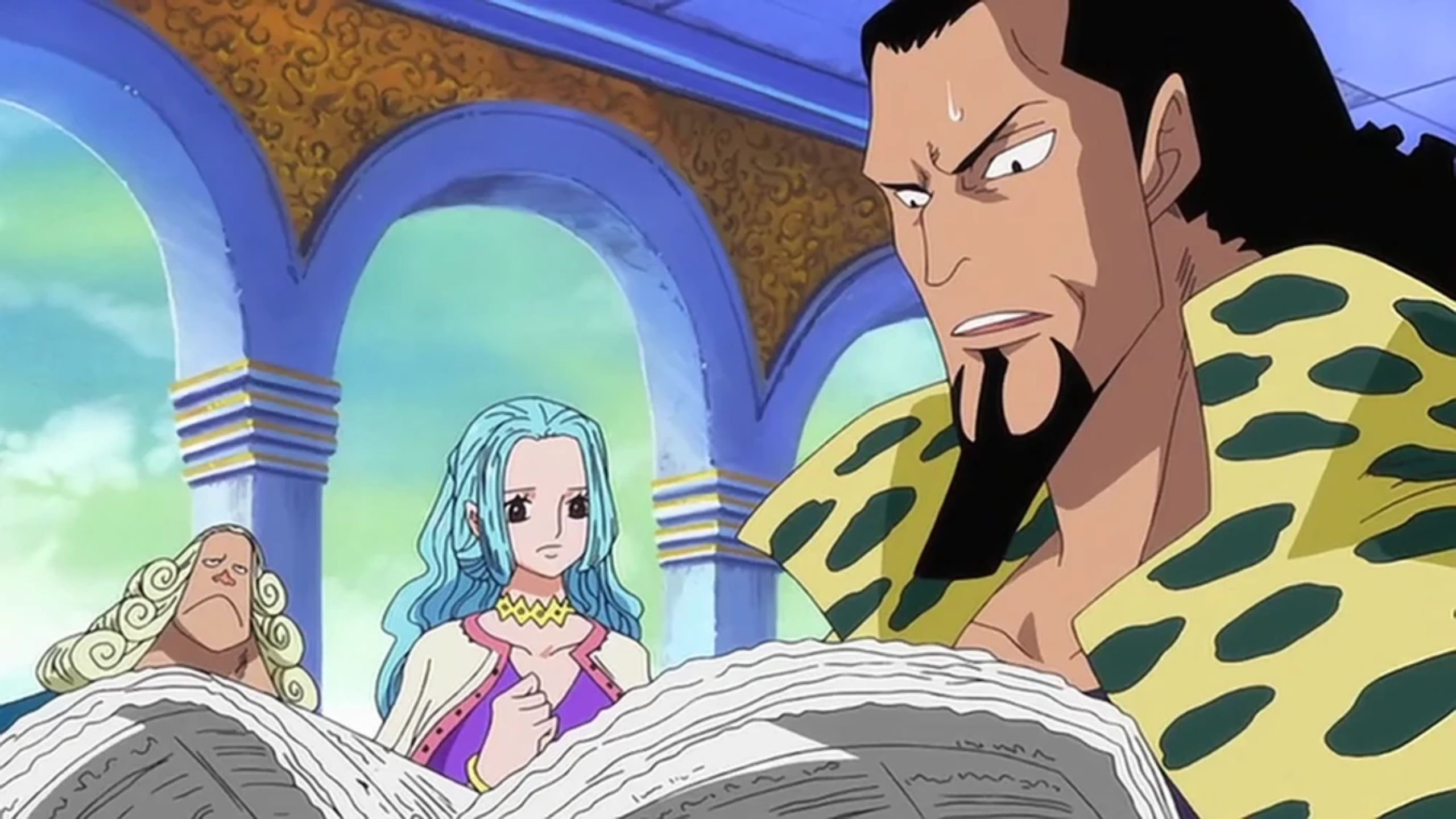
One more fan added, “It is kind of disappointing that the entire arc can be so heavily influenced by Egyptian culture, yet the entire Alabasta cast is just Indians. They’re all so clearly Egyptian but…”
This sentiment captures the frustration that despite the arc’s clear cultural influences, the casting does not reflect this in a meaningful way.
Netflix’s Response
As the One Piece live-action adaptation continues its development, it remains to be seen how Netflix will address the backlash regarding the casting of Nefertari Cobra.
The streaming giant has faced similar criticisms in the past with other adaptations, where fans have voiced concerns about casting decisions that separates from the source material.
The reaction from the One Piece fan base suggests that there is a strong desire for Netflix to take these concerns seriously and to consider making adjustments to ensure a more accurate representation of the series’ beloved characters.
The controversy surrounding Nefertari Cobra’s casting highlights a broader issue in the live-action adaptations: the need for accurate and respectful representation of source material.
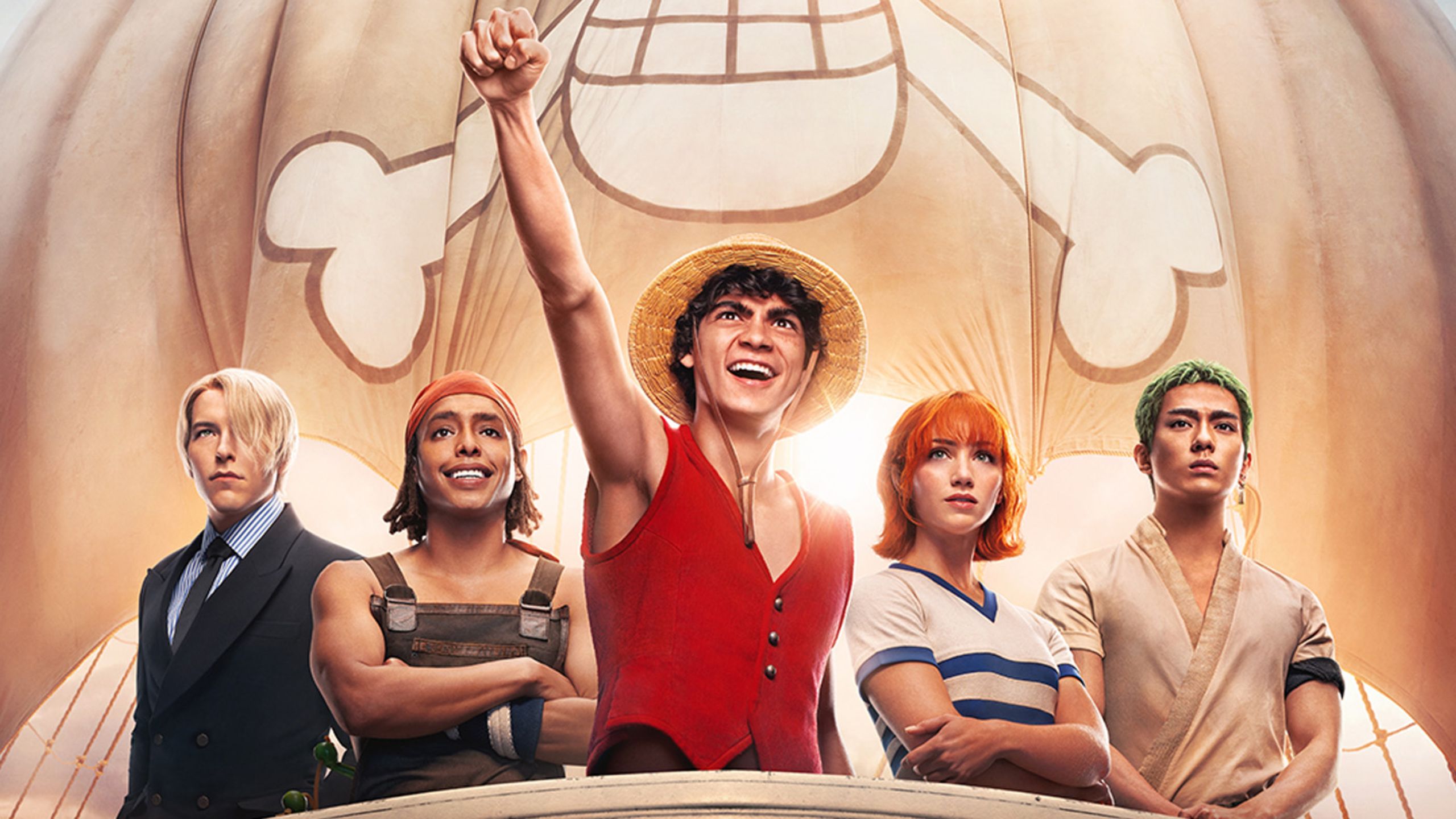
Fans of One Piece are passionate about maintaining the integrity of the original manga and anime, and they are vocal about any decisions they believe compromise this integrity.
Whether Netflix will respond to these concerns by making changes to the casting or by addressing the criticism in other ways remains to be seen.
Impact on the Series and the Fandom
The casting controversy for Nefertari Cobra is not just a standalone issue but part of a larger conversation about representation and fidelity in live-action adaptations of anime and manga.
As the series progresses and more casting decisions are made, fans will likely continue to scrutinize these choices closely.
The outcome of this situation will be closely watched by both fans and industry observers.
The reception of the One Piece live-action series will depend in part on how well Netflix goes through these challenges and how effectively it addresses the concerns of its audience.
The adaptation’s ability to balance authenticity with creative interpretation will be crucial in determining its success and acceptance within the fan community.
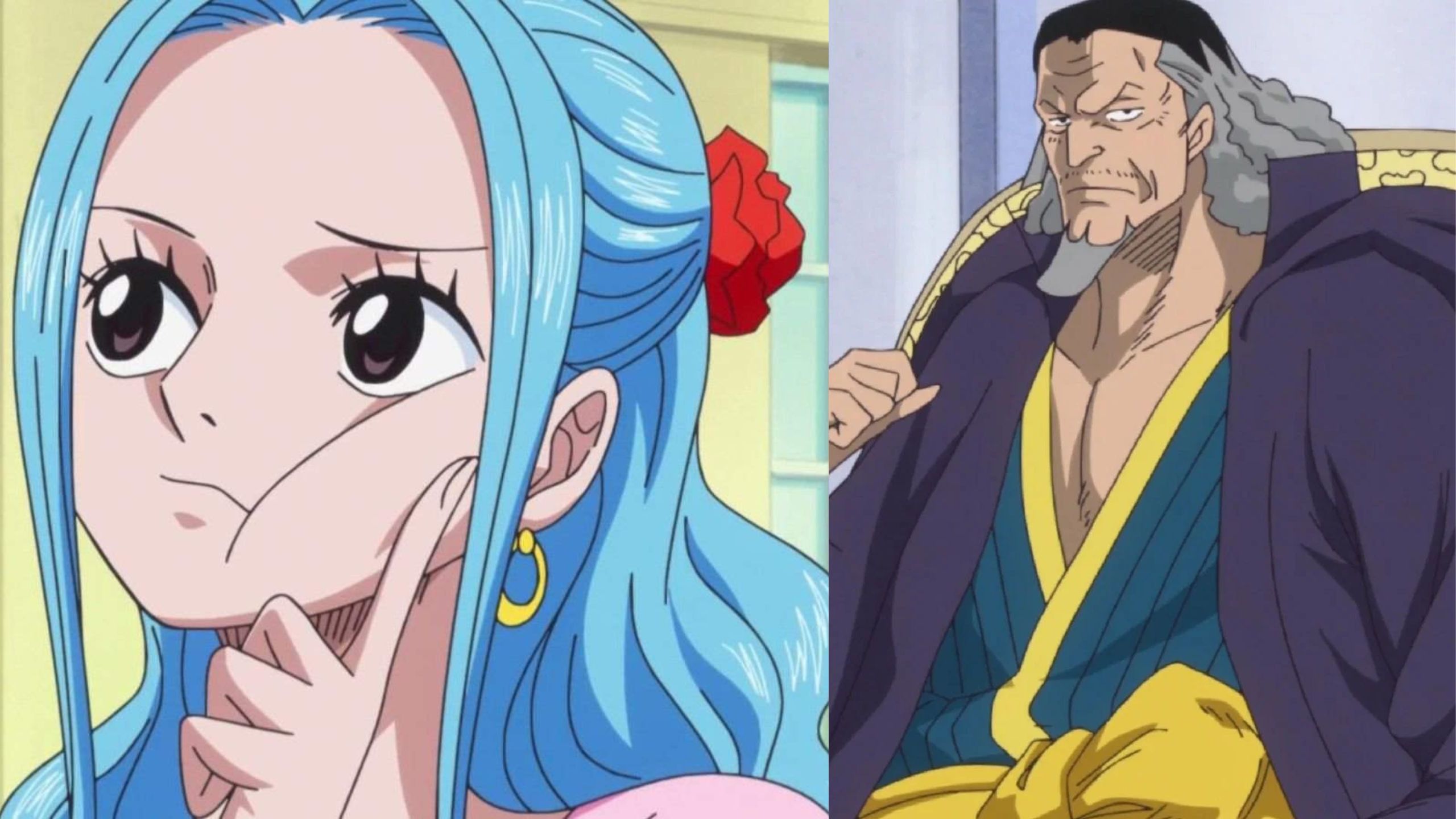
The controversy over the casting of Nefertari Cobra in Netflix’s One Piece live-action series underscores the ongoing debates about representation and accuracy in adaptations of beloved source material.
As the series moves forward, it will be essential for Netflix to consider the feedback from its fan base and to strive for a portrayal that honors the rich cultural context of the original manga.
The way this issue is handled will likely set a precedent for future adaptations and will play a significant role in shaping the future of live-action anime and manga series.


